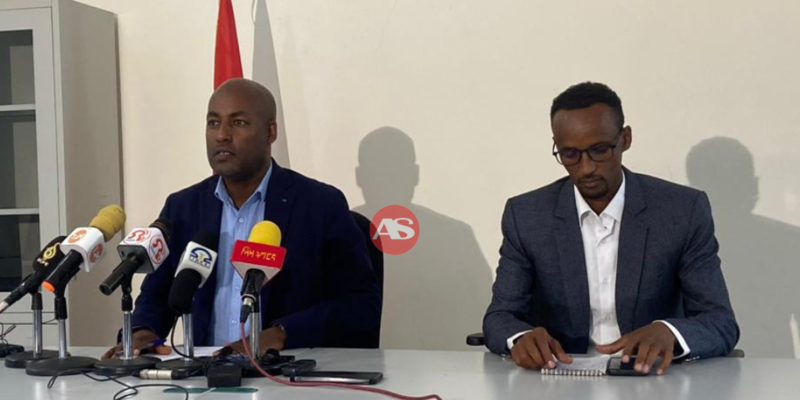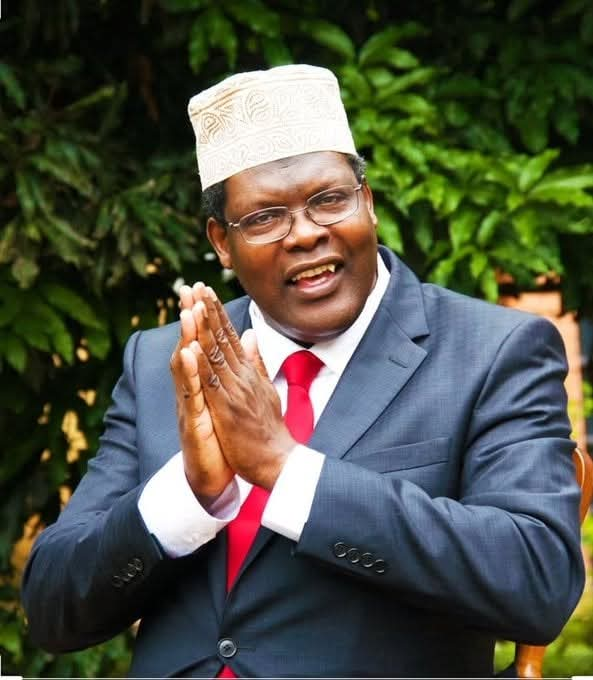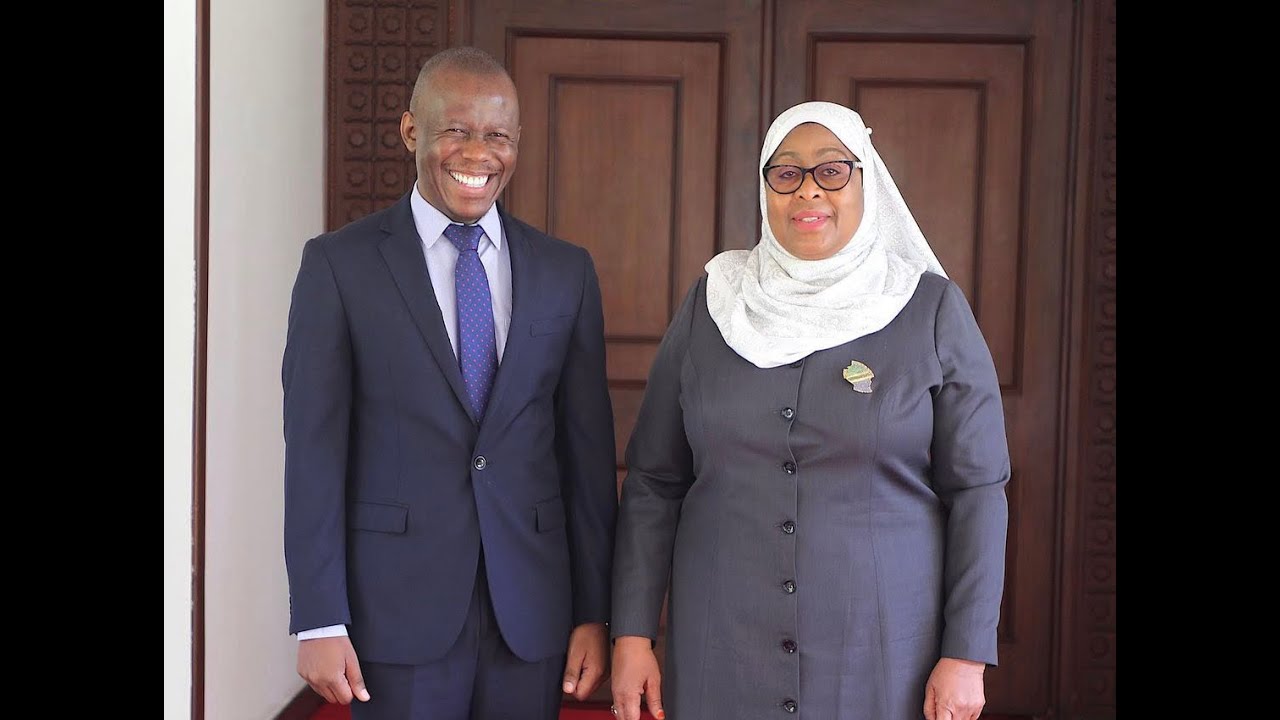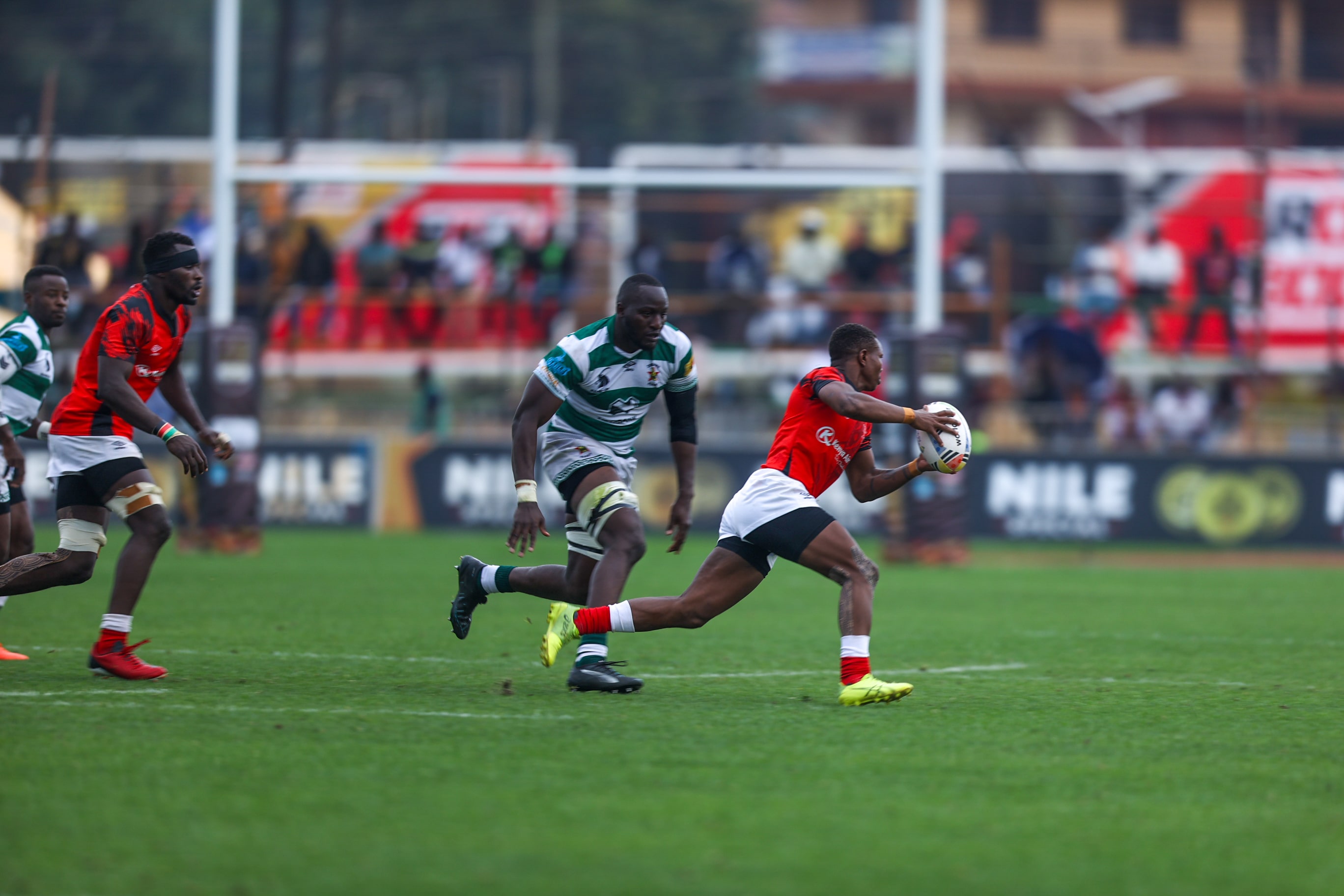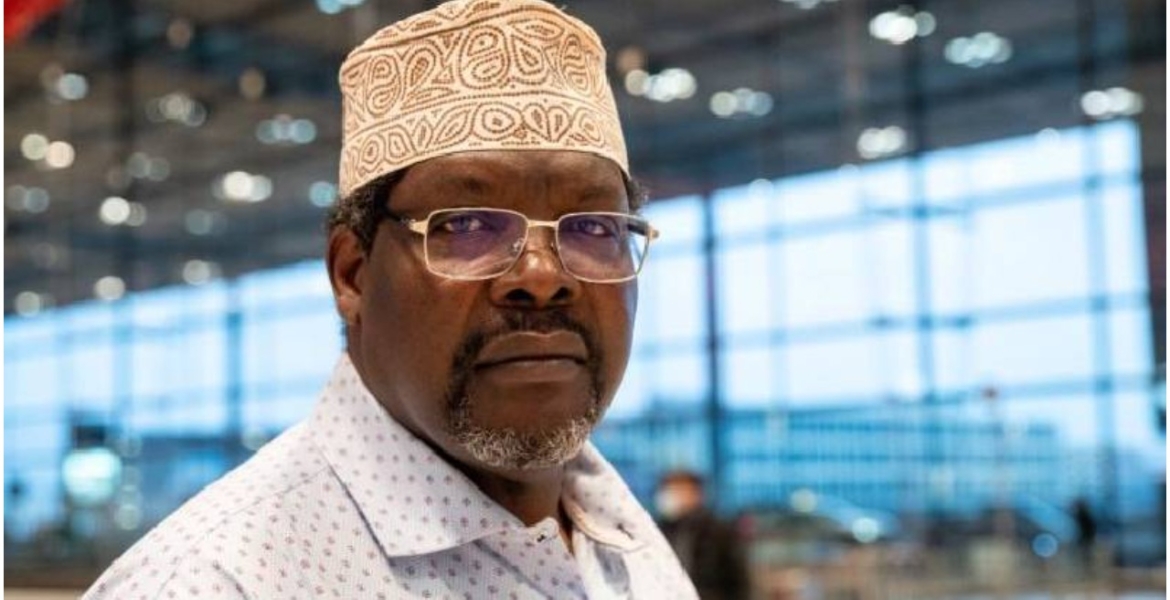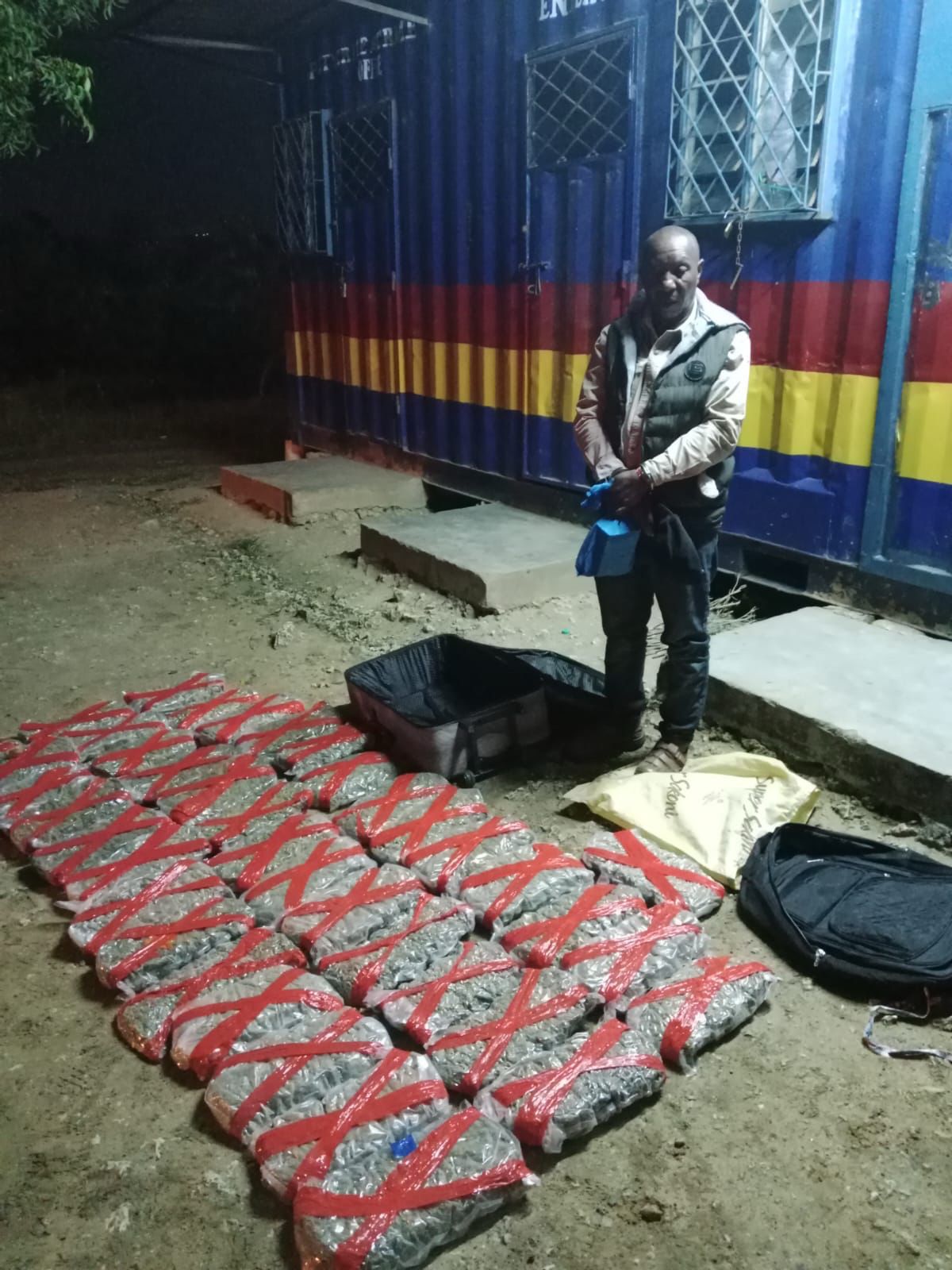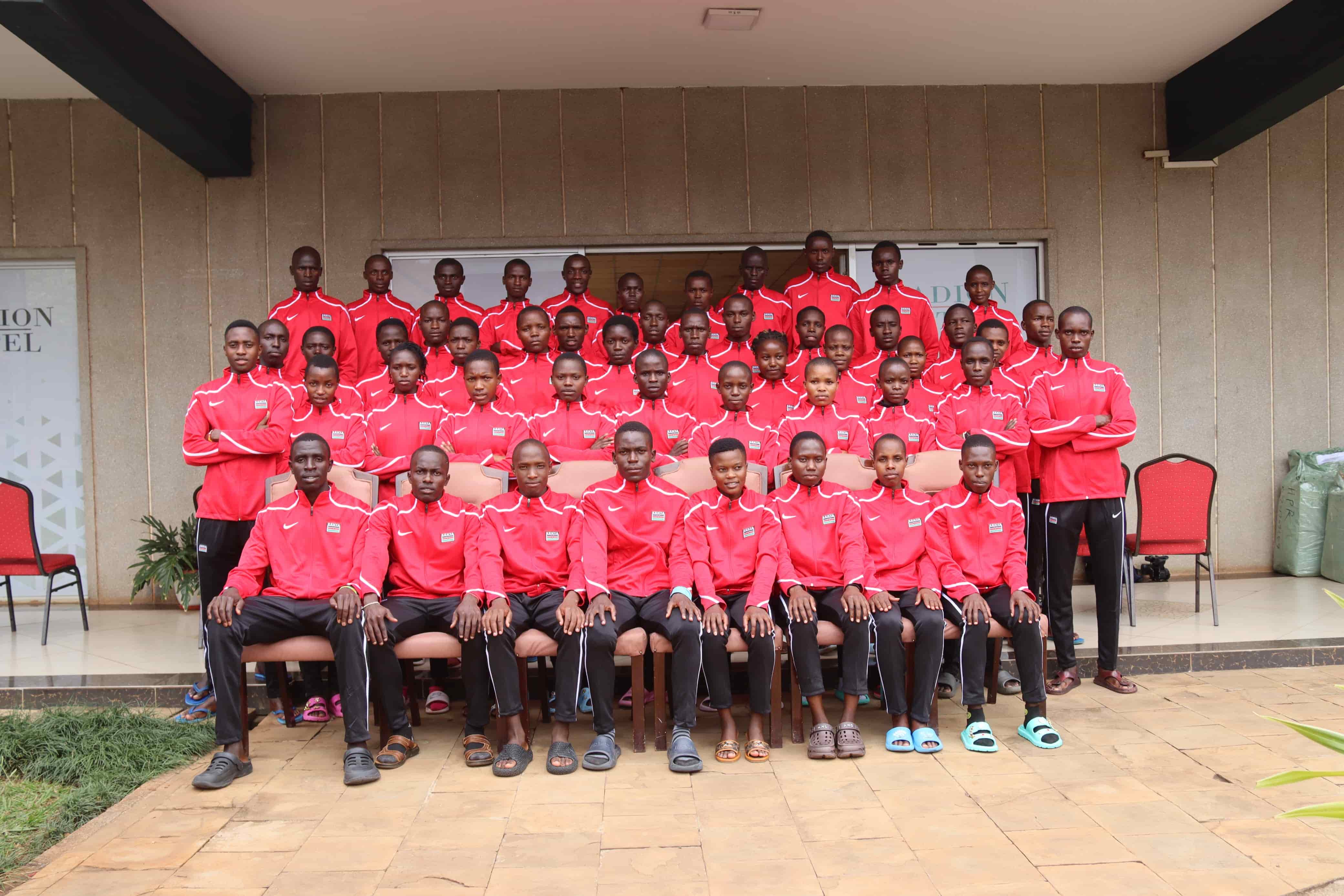CS Wahome admits state may not build 1 million affordable housing units by 2027
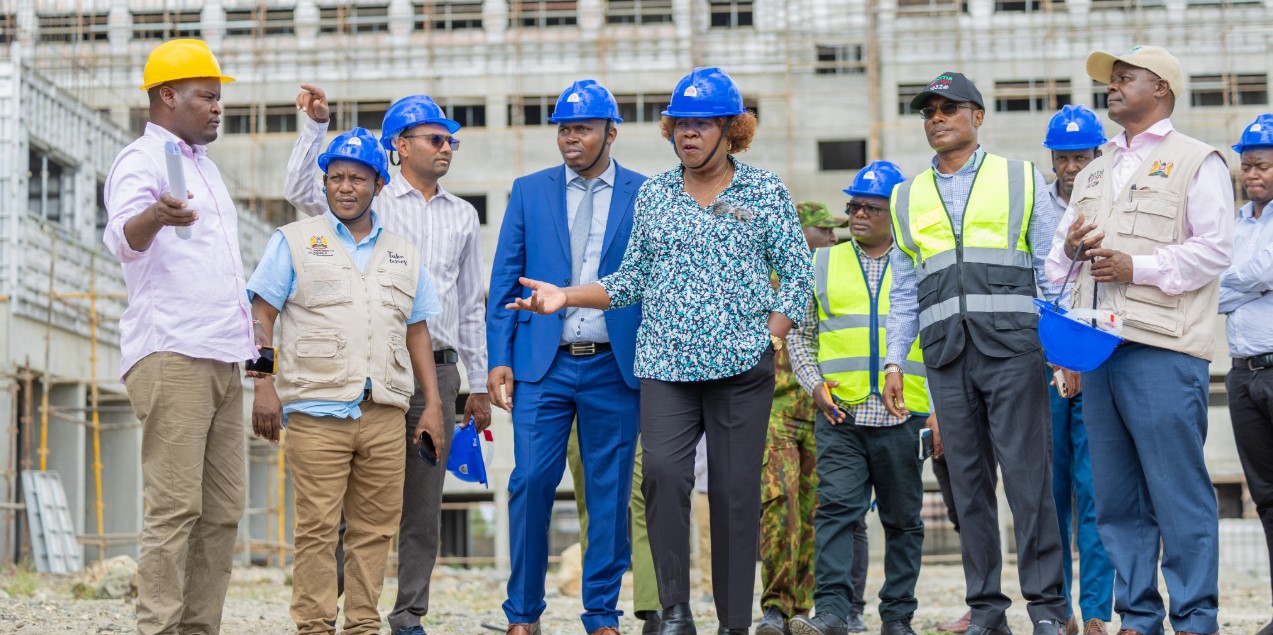
CS Wahome cited a variety of factors including court cases and a lack of streamlined processes as the reasons for the delay.
The State Department for Lands, Public Works, Housing, and Urban Development has admitted that the government may not achieve its target of building one million affordable housing units by 2027, having only begun works on 140,000 units.
In a press briefing by Lands Cabinet Secretary Alice Wahome, the department cited a variety of factors including court cases and a lack of streamlined processes as the reasons for the delay.
More To Read
- Gachagua unveils 8-point plan to end protests, slams Ruto over housing levy, police brutality
- Court halts ouster of Nairobi housing chief Lydia Mathia amid eviction row
- Government invests Sh90 billion in affordable housing projects backed by Sh120 billion levy collection
- Government triples police and prisons housing budget to Sh3.5 billion
- Affordable housing drive boosted as housing receives Sh128.3 billion in 2025/26 budget
- Governors back Ruto’s plan to use housing levy for building markets, social infrastructure
"Owing to multiple court cases against it as well as teething challenges in streamlining with legal procedures, this project took a very long time to take off," noted the CS.
She, however, expressed optimism that the state was doing its best to get back on track, promising to hand over 4,800 units before the end of next month.
Her remarks come barely a fortnight after the Kenya National Bureau of Statistics (KNBS) released the findings of the 2024/25 housing survey which was commissioned at the beginning of 2024 following the infamous introduction of the housing levy.
According to the survey, the percentage of homeowners in rural areas stands at 85.5 per cent, a stark contrast to the 22.8 per cent being witnessed in urban areas. Moreover, every seven out of 10 people in urban areas live in rental houses with the same metric averaging less than one in rural areas.
Consequently, these statistics underscore a critical disconnect between the housing demands of Kenyans and the government's supply-side approach to affordable housing.
While the government's programme focuses on township housing projects, many urban dwellers who aspire to homeownership already own plots in the outskirts or neighbouring villages. In such areas, land remains relatively affordable, and residents can build homes tailored to their needs and cultural preferences.
Moreover, the economic feasibility of the affordable housing programme has come under scrutiny with the Boma Yangu platform only boasting 10 per cent of registered members as active savers. This is despite the platform requiring members to save at least 10 per cent of the selling price of their preferred housing unit to qualify for allocation.
Top Stories Today
